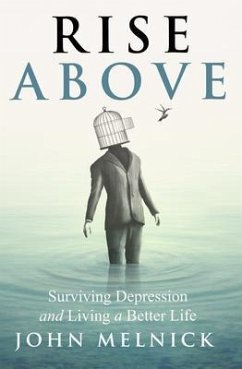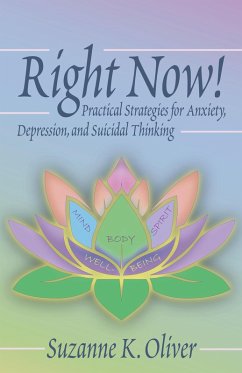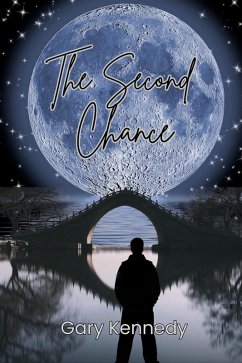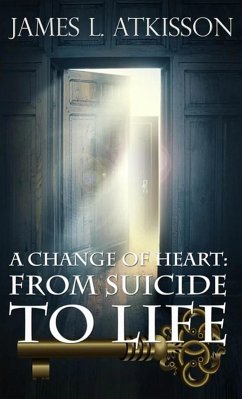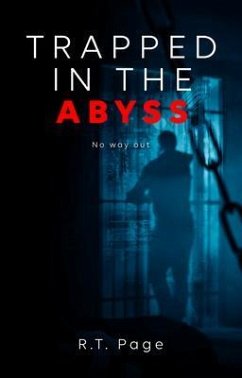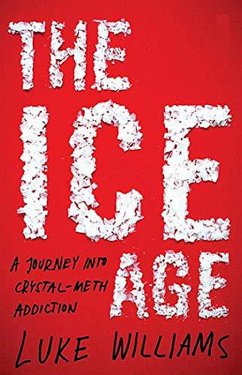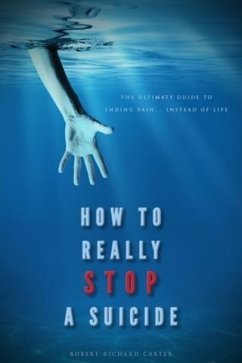
Suicide (eBook, ePUB)
Its History, Literature, Jurisprudence, Causation, and Prevention
Versandkostenfrei!
Sofort per Download lieferbar
0,49 €
inkl. MwSt.
Weitere Ausgaben:

PAYBACK Punkte
0 °P sammeln!
In "Suicide," W. Wynn Westcott delves into the intricate emotions and psychological turmoil surrounding the act of taking one's own life, presenting a nuanced exploration that combines a historical perspective with a profound literary style. Westcott employs rich, evocative language, weaving together philosophical inquiries and empirical observations that reflect the Victorian context in which he was writing. The book critiques societal norms and the stigmatization of mental health, offering insights that were revolutionary during a time when such discussions were largely taboo. Westcott's wor...
In "Suicide," W. Wynn Westcott delves into the intricate emotions and psychological turmoil surrounding the act of taking one's own life, presenting a nuanced exploration that combines a historical perspective with a profound literary style. Westcott employs rich, evocative language, weaving together philosophical inquiries and empirical observations that reflect the Victorian context in which he was writing. The book critiques societal norms and the stigmatization of mental health, offering insights that were revolutionary during a time when such discussions were largely taboo. Westcott's work challenges the reader to confront uncomfortable truths, engaging with themes of despair, isolation, and existential reflection, making it an essential contribution to the discourse on mental health in literature. W. Wynn Westcott, a prominent Victorian scholar and occultist, was deeply influenced by the fields of psychology and philosophy, as well as his own experiences within the esoteric community. His interests in mysticism and the realms of the unconscious are reflected in "Suicide," as he navigates the complexities of human suffering. Westcott's multifaceted background perhaps instilled in him a sensitivity towards the darker aspects of the human psyche, further enriching his exploration of such a profound and weighty subject. Recommended for those interested in psychological literature, literary history, and the evolving perceptions of mental health, Westcott's "Suicide" serves not only as a reflective examination of personal despair but also as a poignant reminder of the importance of empathy and understanding in a world often shrouded in silence regarding mental illness.
Dieser Download kann aus rechtlichen Gründen nur mit Rechnungsadresse in A, B, BG, CY, CZ, D, DK, EW, E, FIN, F, GR, H, IRL, I, LT, L, LR, M, NL, PL, P, R, S, SLO, SK ausgeliefert werden.





